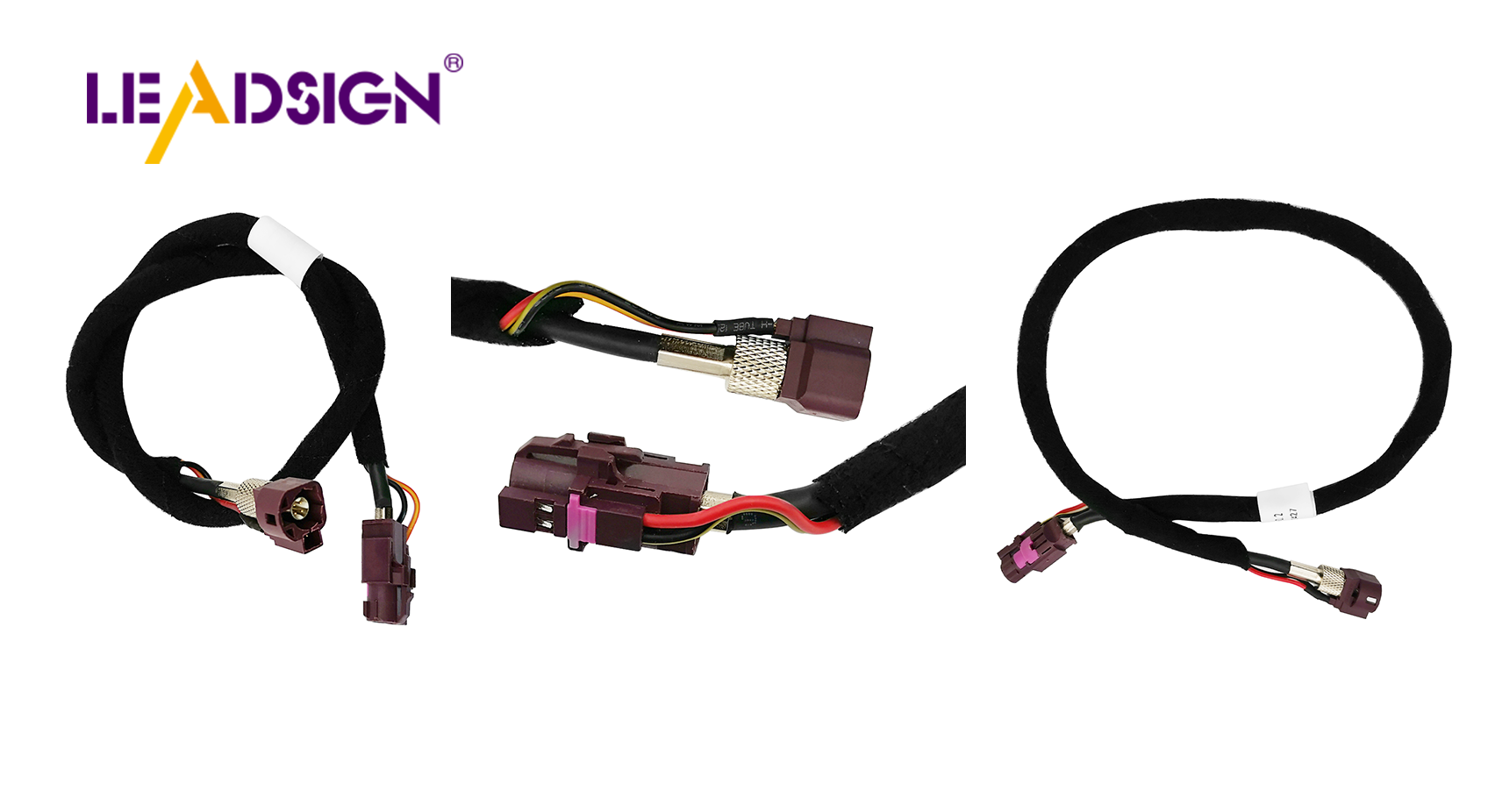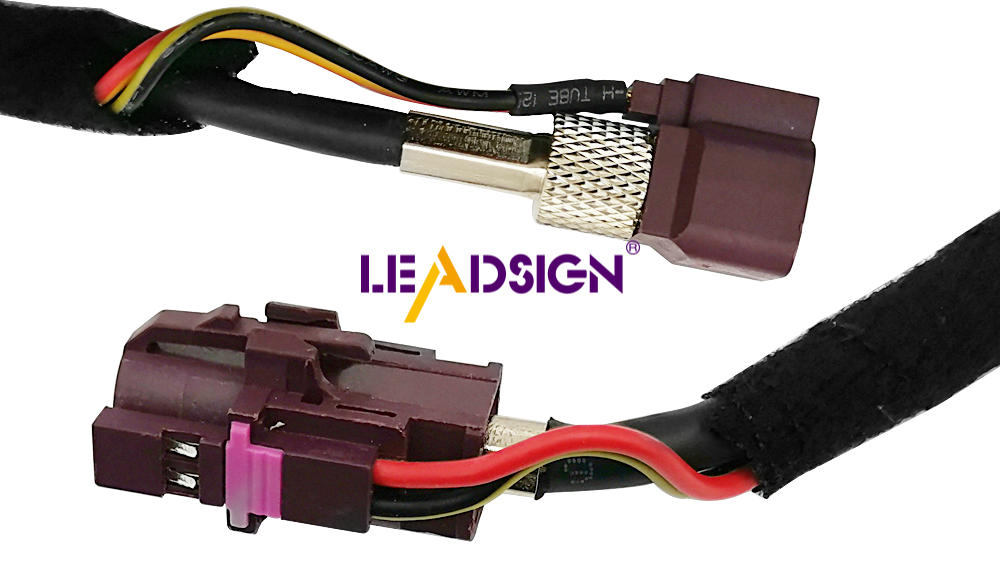How to Choose the Right Automotive Electrical Connectors Types

Choosing the right types of wire connectors for automotive applications is crucial. They ensure your car operates efficiently and safely by transmitting power and data within the vehicle's systems. Challenges such as matching parts and weather conditions can arise. Connectors may fail due to issues like pin count and environmental factors. Understanding the different types of wire connectors automotive can help you make informed decisions. Prioritizing quality and proper fit will help prevent issues, ensuring your car runs smoothly.
Understanding Automotive Electrical Connectors

What are Automotive Electrical Connectors?
Definition and Purpose
Automotive electrical connectors are key parts of a car's system. They link circuits to send signals smoothly. These include male (plug) and female (socket) parts. Their main job is to connect circuits without interference, keeping the car working well.
Types of Wire Connectors Automotive
There are different wire connectors for cars, each for a specific use. Pin connectors work for things like headlights needing high power. The connector's design depends on its job. High-power ones have bigger pins for better contact. Materials like copper or brass help them conduct electricity and resist rust.
Key Features to Consider
Material and Durability
When picking connectors, think about material and strength. Good materials like copper last long and resist rust, even in tough conditions.
Size and Compatibility
Size matters too. Make sure connectors fit your car’s wires right. Wrong sizes can cause bad connections or failures.
Environmental Resistance
Connectors should handle weather changes, moisture, and shakes. Choose ones that stay strong in different environments.
Picking the Right Connector for Your Car
To pick the right wire connectors, know what your car needs. This part helps you check your car's needs and look at connector details for best results.
Checking What Your Car Needs
Power Use and Current Limits
First, find out how much power your car uses. Different parts like engine control or music systems need special connectors. Pin connectors work well for high power use. They move signals and carry strong currents safely. Knowing this helps you choose connectors that won't overheat or break.
Connection Spots and Wires
Next, look at where wires connect in your car. Each spot might need a different connector type. For example, some lights might need pigtail connectors. Make sure the connectors fit with the wires you have. Wrong fits can cause bad connections or problems. Checking these things makes sure everything works well together.
Looking at Connector Details
Voltage and Current Limits
When checking connector details, see their voltage and current limits. These show how much power they can handle safely. Picking the right ones stops too much electricity from causing trouble and keeps them working well.
Heat and Shake Strength
Think about where your car goes. Connectors should handle heat changes and shaking well. Some are made to last in tough places better than others. They don't wear out fast from heat or movement. Choosing strong ones means they last longer with less fixing needed.
By looking at what your car needs and checking connector details, you can pick the right wire connectors for cars. This not only makes your car's electric parts work better but also keeps it safe and steady.
Practical Tips for Choosing Connectors
When picking wire connectors for cars, avoid mistakes. Follow good steps to keep your car's electrical system working well.
Common Mistakes to Avoid
Forgetting About the Environment
Don't forget about weather when choosing connectors. This can cause problems. Connectors need to handle heat, wetness, and shaking. If you live where it's damp, pick connectors that don't rust. Klancnik, a connector expert, says:
"Parts must survive tough conditions and be as strong as tested samples."
Ignoring this means more fixes and higher costs.
Not Checking Compatibility
Compatibility is key. Make sure connectors fit your car's wires right. Wrong fits can cause bad connections and failures. Always check connector details with your car's needs. This stops overheating or short circuits.
Best Practices for Selection
Asking Experts for Help
Talk to experts for advice on wire connectors for cars. They know which ones suit your car best and can suggest new tech or materials that work well.
Testing Before Use
Testing is important before choosing connectors. Try them in real situations to see if they hold up under stress. Regular checks help them last longer and prevent big problems later.
By avoiding mistakes and following these tips, you choose the right wire connectors for cars. This makes your car's electric parts work better and keeps it safe.
Choosing the right automotive electrical connectors is very important. It helps your car work well and stay safe. Keep these tips in mind:
Know What You Need: Find out what your car needs and check connector details.
Don't Make Mistakes: Think about weather and make sure they fit.
Ask Experts: Talk to pros and try connectors before using them.
Pick good quality and right size for strong connections. Smart choices make your car last longer and run better.
See Also
Significance of FAKRA Connectors for Automotive Use
The Significance of Fakra Connectors in Contemporary Cars
The Value of HSD Connectors in Automotive Sector

